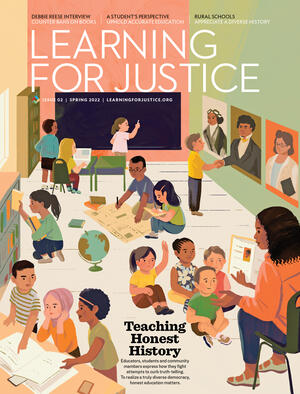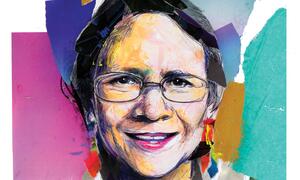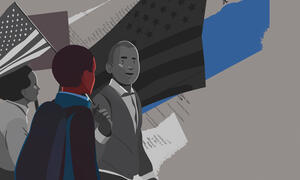
We’re living in a moment in which teaching honestly about U.S. history has become politicized, but make no mistake about it: We are doing students—and ourselves—a disservice when we choose to lie to them in school rather than educate with accuracy.
And that’s what this issue is all about. It explores various perspectives on teaching honest history: what happens when we don’t, how educators are overcoming attempts to stop it, views from communities who are often left out of these conversations—namely rural and Indigenous—and why it matters.
Be sure to subscribe so you never miss an issue.
Features

A Student’s Take on Sugar-coated History
This Black Alabama teen and her family had to fill the gaps in her education at home. Here’s her advice to teachers.

Going Beyond the Textbook
Teachers are using the textbook—and going beyond it—to change history education from the ground up.

Teaching Local History in Tulsa
The history of the Tulsa Race Massacre was buried for 100 years. Teachers are trying to change that.

Debbie Reese on Book Bans and Native Representation
Scholar Debbie Reese talks book bans and the fear of a just society.

Rural Schools and Hard History
The rich history and diversity of rural communities have largely been erased. Appreciating both charts a promising path forward.

From Slavery to School Discipline
Envisioning schools that affirm and protect Black students means reckoning with a long history of racist punishment.

Partnering With Museums to Teach Honest History
Looking for support and solidarity in teaching honest history? Partner with a museum.

Teaching the Past to Improve the Future
Despite a range of opposition, educators are committed to teaching honest history in their classrooms—and students are eager to learn.